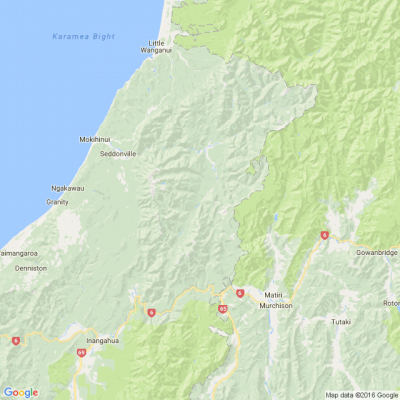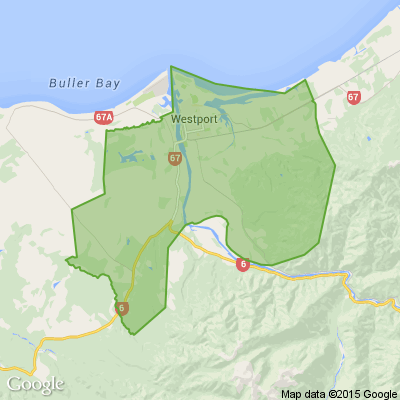West Coast ratepayer pressure worries
From local democracy reporter Brendon McMahon:
Worry has been expressed at the West Coast Regional Council table about more pressure coming on to ratepayers due to the lack of income.
The matter was raised by councillor Peter Haddock, who referred to comments made by chief executive Heather Mabin at their inaugural meeting last month, where she informed councillors that the resource management committee had no assets to generate an income stream from.
Haddock said the council had its Vector Control Services business unit, which apparently earned up to $500,000 a year, based on previous reports and projections.
There were also the council quarries which had previously generated revenue from commercial sales.
Having that income in the next few years would be crucial given the council's commitments and "the impact on our ratepayers if not", he said.
"My concern is if we're losing the income streams, our ratepayers will have to foot the bill."
Mabin said she had been referring to infrastructure.
While VCS and the quarries did generate income, how those ventures were structured and contributed income to the council was under review.
VCS would be brought to the next meeting of the council's Risk and Assurance Committee.
"There has been a request by council to revisit how we allocate overheads because it was evident that this particular unit was not allocated overheads as for the rest of the council," Mabin said.
The findings of that review would be "very enlightening" in terms of future viability.
The quarry operations review was started earlier in the year.
"I was incorrect in that I didn't reference the quarries," Mabin said of her earlier comments.
Councillor Frank Dooley requested a background paper on the quarry income by the next meeting.
Not having made a decision on the sale of rock was one thing, but the use of council quarried rock for public infrastructure projects needed to have the value of that rock built into the capital expenditure tally for those projects, Dooley said.
Mabin said the rock for projects was capitalised but it was “just how it was accounted for” that was being worked through.
Three areas needed to be addressed in any future report, he said: income streams, the allocation of overheads, and the internal movement of quarry rock.
*Public interest journalism funded through NZ On Air
Poll: Should the government levy industries that contribute to financial hardship?
As reported in the Post, there’s a $30 million funding gap in financial mentoring. This has led to services closing and mentors stepping in unpaid just to keep helping people in need 🪙💰🪙
One proposed solution? Small levies on industries that profit from financial hardship — like banks, casinos, and similar companies.
So we want to hear what you think:
Should the government ask these industries to contribute?

-
59.3% Yes, supporting people is important!
-
26.2% No, individuals should take responsibility
-
14.5% ... It is complicated
Have you got New Zealand's best shed? Show us and win!
Once again, Resene and NZ Gardener are on the hunt for New Zealand’s best shed! Send in the photos and the stories behind your man caves, she sheds, clever upcycled spaces, potty potting sheds and colourful chicken coops. The Resene Shed of the Year 2026 winner receives $1000 Resene ColorShop voucher, a $908 large Vegepod Starter Pack and a one-year subscription to NZ Gardener. To enter, tell us in writing (no more than 500 words) why your garden shed is New Zealand’s best, and send up to five high-quality photos by email to mailbox@nzgardener.co.nz. Entries close February 23, 2026.

Poll: As a customer, what do you think about automation?
The Press investigates the growing reliance on your unpaid labour.
Automation (or the “unpaid shift”) is often described as efficient ... but it tends to benefit employers more than consumers.
We want to know: What do you think about automation?
Are you for, or against?

-
9.7% For. Self-service is less frustrating and convenient.
-
43.1% I want to be able to choose.
-
47.2% Against. I want to deal with people.






 Loading…
Loading…





